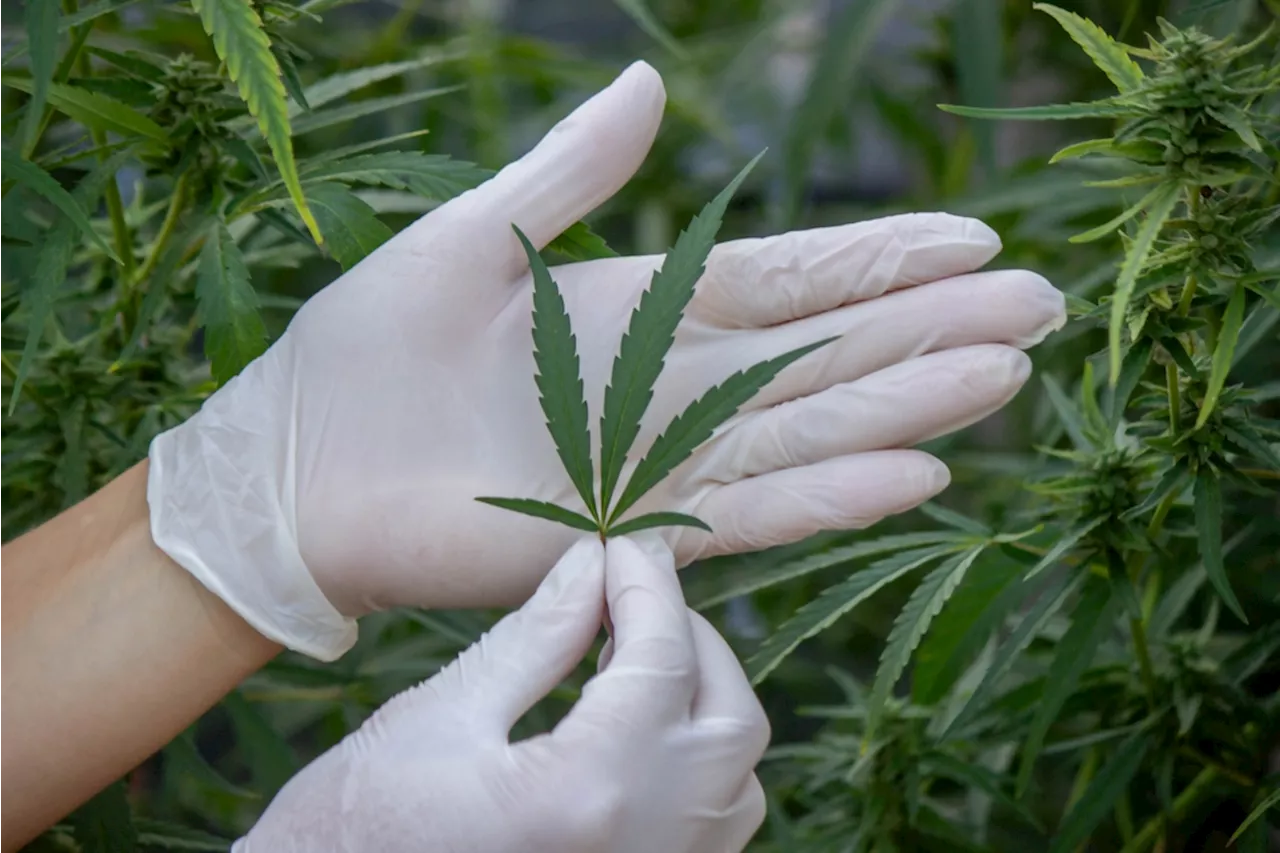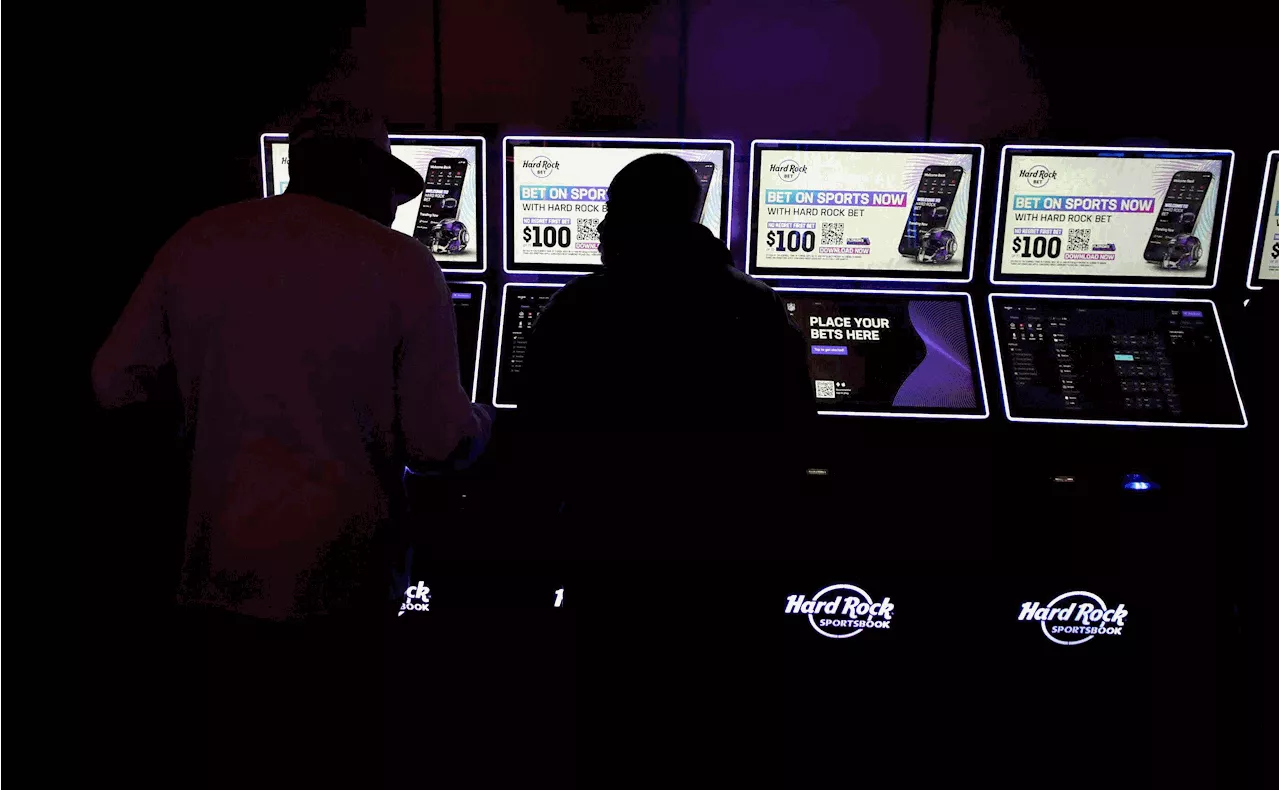A new Canadian study shows a tripling of schizophrenia cases linked to cannabis use disorder since the country legalized it.
Over a 16-year time period — spanning before and after legalization of cannabis for medical and recreational use — the number of new cases of schizophrenia associated with cannabis use disorder in Ontario nearly tripled after legalization, investigators found.
After legalization of cannabis, the number of people in Ontario who required hospital care for CUD jumped by 270%, from about 1.3 in every 1000 people before legalization to 4.6 after legalization, results showed. Myran added that “part of the challenge with cannabis is that with all the discussion around medical cannabis, people may think if this is a medicine it can’t possibly be hurting me. I think the conversation has to be — just because cannabis is now legal and the social norms are changing, doesn’t mean that there is not at risk, particularly in younger people.”
However, Myran said, “what is clear from the scientific literature is that people who are going to develop schizophrenia if they use cannabis and they use it regularly, they will develop it earlier in life and their symptoms will be worse.
United States Latest News, United States Headlines
Similar News:You can also read news stories similar to this one that we have collected from other news sources.
 Ohio Cannabis Control Commission Launches Cannabis Service Center for Enhanced Stakeholder EngagementThe Ohio Cannabis Control Commission (DCC) has implemented a centralized system called the Cannabis Service Center (CSC) to efficiently handle inquiries from diverse stakeholders, including licensees, patients, consumers, and the public. The CSC aims to streamline communication and improve customer service within Ohio's evolving cannabis market.
Ohio Cannabis Control Commission Launches Cannabis Service Center for Enhanced Stakeholder EngagementThe Ohio Cannabis Control Commission (DCC) has implemented a centralized system called the Cannabis Service Center (CSC) to efficiently handle inquiries from diverse stakeholders, including licensees, patients, consumers, and the public. The CSC aims to streamline communication and improve customer service within Ohio's evolving cannabis market.
Read more »
 Medical Marijuana Users May Be As Prone to Addiction as Recreational Users, Study FindsA new study published in January 2023 suggests that individuals using cannabis for medical purposes might be equally or even more susceptible to developing cannabis use disorder (CUD) compared to recreational cannabis users. Researchers analyzed data from a federal survey and found that medical cannabis users exhibited similar rates of CUD as their recreational counterparts, particularly among younger men and women. The study highlights the importance of considering the potential for addiction when prescribing medical cannabis.
Medical Marijuana Users May Be As Prone to Addiction as Recreational Users, Study FindsA new study published in January 2023 suggests that individuals using cannabis for medical purposes might be equally or even more susceptible to developing cannabis use disorder (CUD) compared to recreational cannabis users. Researchers analyzed data from a federal survey and found that medical cannabis users exhibited similar rates of CUD as their recreational counterparts, particularly among younger men and women. The study highlights the importance of considering the potential for addiction when prescribing medical cannabis.
Read more »
 Heavy Cannabis Use Linked to Reduced Brain Activity in Working Memory TasksA new study, the largest of its kind, reveals that heavy cannabis use is associated with reduced brain activity during working memory tasks, suggesting that the negative consequences of heavy cannabis use may be more significant than previously thought. Researchers studied around 1,000 young adults, using MRI to monitor brain activity. They found that 63% of heavy cannabis users (defined as those who had used cannabis over 1,000 times in their lifetime) demonstrated reduced brain activity during working memory tasks, leading to poorer performance. While the study cannot definitively prove causation, it highlights the potential cognitive impacts of heavy cannabis use.
Heavy Cannabis Use Linked to Reduced Brain Activity in Working Memory TasksA new study, the largest of its kind, reveals that heavy cannabis use is associated with reduced brain activity during working memory tasks, suggesting that the negative consequences of heavy cannabis use may be more significant than previously thought. Researchers studied around 1,000 young adults, using MRI to monitor brain activity. They found that 63% of heavy cannabis users (defined as those who had used cannabis over 1,000 times in their lifetime) demonstrated reduced brain activity during working memory tasks, leading to poorer performance. While the study cannot definitively prove causation, it highlights the potential cognitive impacts of heavy cannabis use.
Read more »
 Minnesota Senate Focuses on Potential Harms of Legalized Sports BettingA Minnesota Senate Finance Committee hearing Wednesday explored the potential economic, health, and social harms of online sports betting, highlighting concerns ranging from financial instability to domestic violence and mental health.
Minnesota Senate Focuses on Potential Harms of Legalized Sports BettingA Minnesota Senate Finance Committee hearing Wednesday explored the potential economic, health, and social harms of online sports betting, highlighting concerns ranging from financial instability to domestic violence and mental health.
Read more »
 Legalized Online Sports Betting Advances in Mississippi LegislatureA Mississippi House panel approved a bill to legalize mobile sports betting, aiming to capitalize on strong consumer demand and generate millions in new tax revenue. The bill, addressing concerns raised by the Senate last year, mandates that all sports betting operates through existing brick-and-mortar casinos and includes provisions to protect smaller casinos from revenue losses.
Legalized Online Sports Betting Advances in Mississippi LegislatureA Mississippi House panel approved a bill to legalize mobile sports betting, aiming to capitalize on strong consumer demand and generate millions in new tax revenue. The bill, addressing concerns raised by the Senate last year, mandates that all sports betting operates through existing brick-and-mortar casinos and includes provisions to protect smaller casinos from revenue losses.
Read more »
 Separating Fact from Fiction: The Impact of Legalized Sports BettingThis news article analyzes the real effects of legalized sports betting on the general public. It explores research showing that while betting is widespread, most Americans place few bets and lose relatively small amounts. The article highlights the 'horseshoe' pattern of betting, where most experience sports betting as a form of entertainment, while a small percentage at both ends of the spectrum face potential problems.
Separating Fact from Fiction: The Impact of Legalized Sports BettingThis news article analyzes the real effects of legalized sports betting on the general public. It explores research showing that while betting is widespread, most Americans place few bets and lose relatively small amounts. The article highlights the 'horseshoe' pattern of betting, where most experience sports betting as a form of entertainment, while a small percentage at both ends of the spectrum face potential problems.
Read more »
